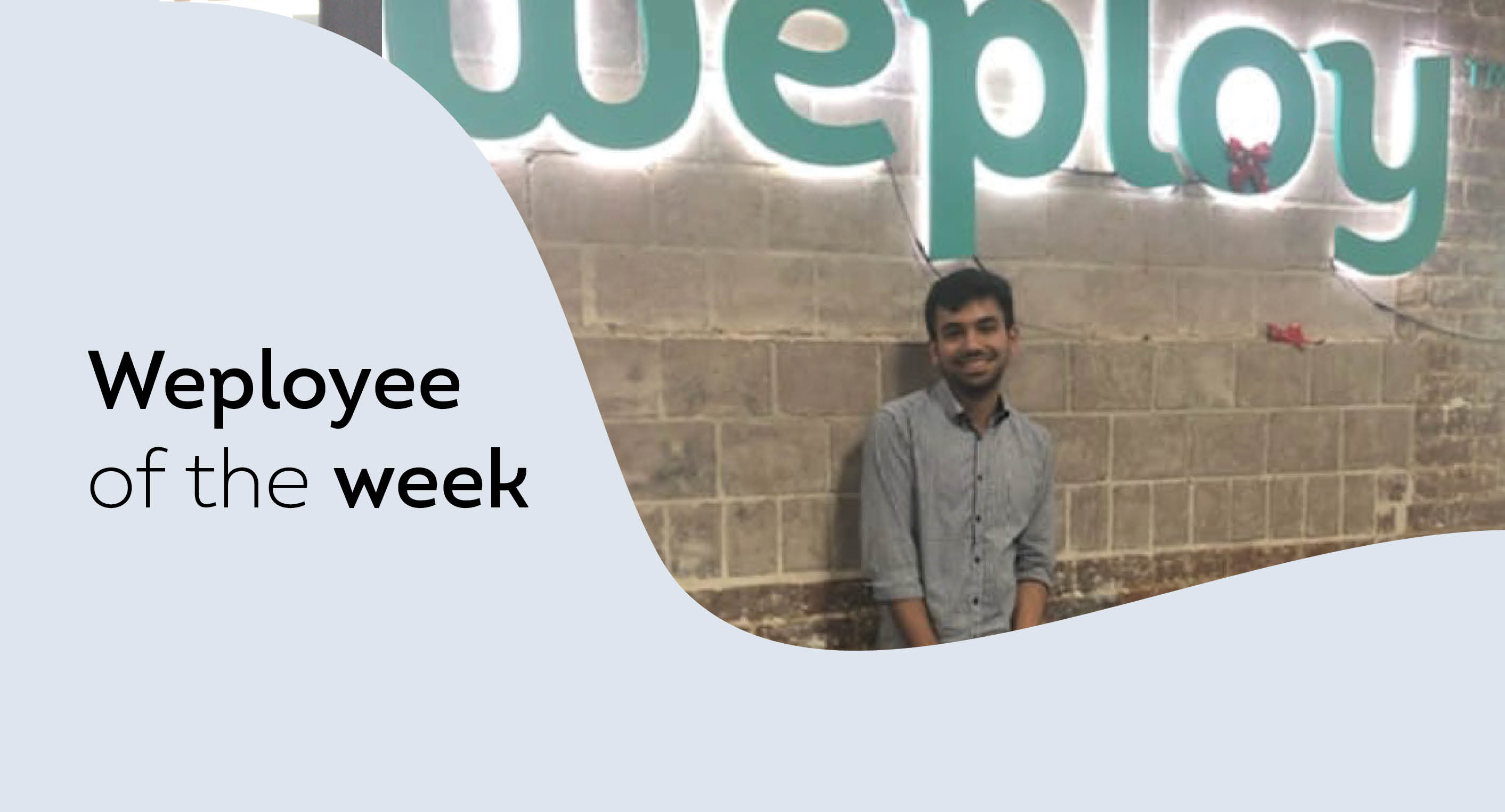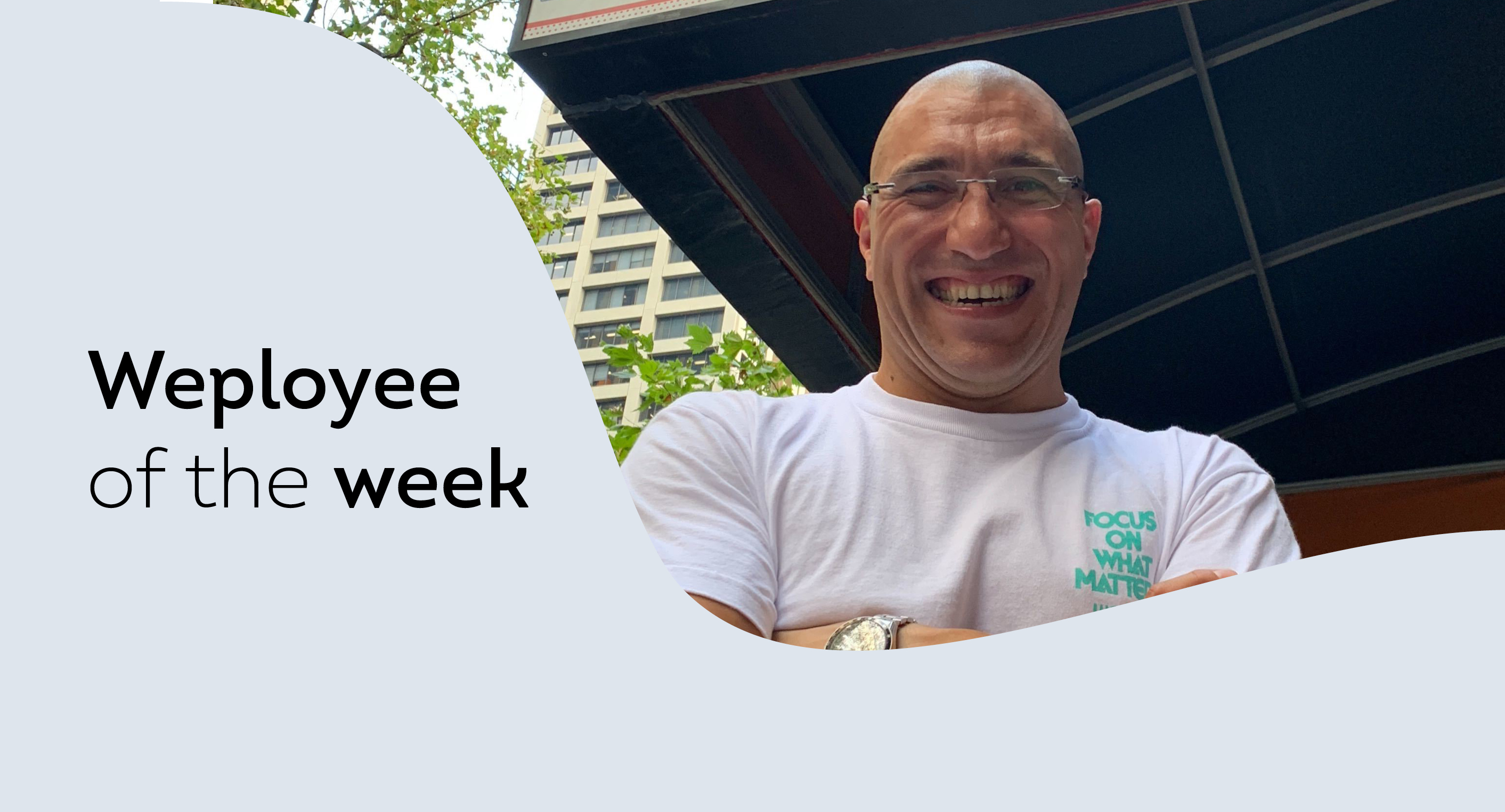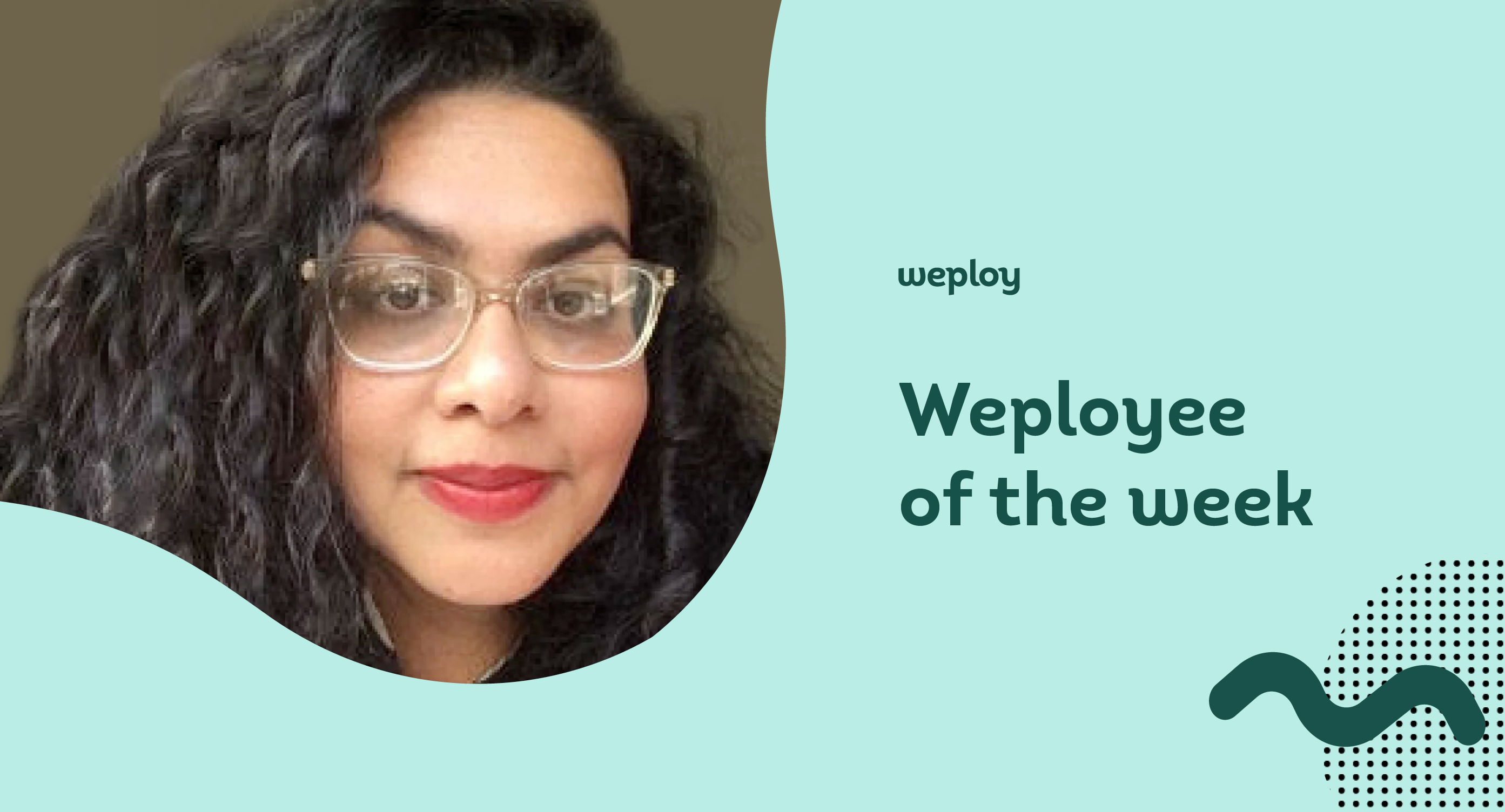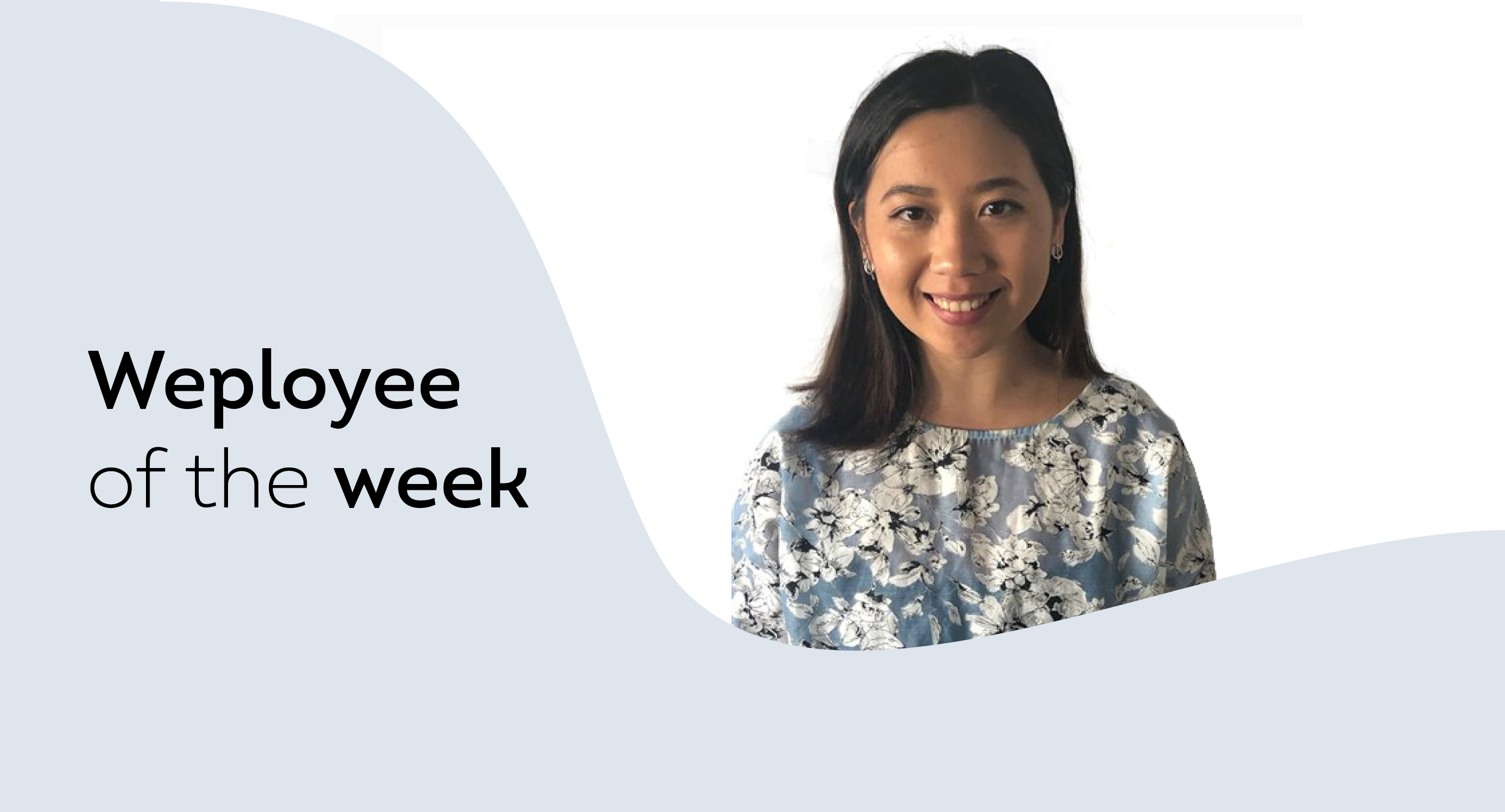What was your first job:
Working at Telechoice on the school holidays selling phones and doing customer service/admin.
What was your best job: Probably when I was working as a casual blogger and getting free clothes from brands!
Who was the biggest influence in your career: My father. I always see him hustling in the best way he knew how.
What would your ideal job be? A role that’s flexible in creativity and location.
If you could have one super-human power what would it be? The ability to see truth in every single situation.
What’s your guilty pleasure? Taking a 10 min short “stressed nap” then snoozing for another 10 (lol so guilty!) when I’ve got 10 other things that needs to be done.
Do you have any other skills or talents others don’t really know about? I can be very persuasive.
Name a few of your daily habits? Meditating, journaling, walking my dog, watch a new episode on one of my favourite channels on YouTube.
What publications do you regularly read? I’m subscribed to a few mailing lists from entrepreneurs that I follow online.
Can you tell me a little bit about the challenges you’ve faced trying to find employment?
All the casual/flexible positions seem to fly out the door real fast so there weren’t any real opportunities there. It often takes a lot of time and energy for me to apply for different ones and I would always need to be on the lookout for new ones.
How do you feel that the current structure of hiring has disadvantaged some people and not others? Do you feel the hiring landscape really allows you to showcase your skills? Why or why not?
I feel that so many recruiters out there prioritise jobs for people that they know will stay at permanent jobs or for a lengthy term contract. There’re not many platforms out there that support flexible working arrangements for the modern millennial who wants variety in their working environment.
Did Weploy change your situation significantly? If so can you tell me two ways it has helped further your career path?
Weploy really allowed me to easily find short-term, casual contract work without me having to send my resume around several times a week. Their clients have also been flexible so far. It has allowed me to concentrate on my own side business without stressing about applying for jobs, going for interviews and chasing up applications. I know that Weploy will always be available for when I need to find short term contract work.
Do you feel that opportunities through Weploy changed your perspective?
In terms of recruitment agencies or platforms – yes absolutely. Weploy has been the most responsive and flexible platform I’ve worked with.
What made you try Weploy?
The need for temporary/casual employment was what got me stumbling across Weploy while browsing the web. It was a start-up and I was also going through my own process of setting up an experiential travel start-up of my own - Travels by TM.... so I really wanted to experience and observe how other platforms are creating theirs.
What was the process like for you?
I applied through answering a series of questions in an online form. Submitted and waited for further instructions. Email instructions came through a few weeks later as there was a wait-list. But once I spoke on the phone with a representative from Weploy, we had a Skype interview, I signed an agreement contract within a few days and started using the App straightaway!
What was the biggest surprise using Weploy?
The job shortlisting and approving process is lightning fast. I get sent a job in the app, I review it and swipe, and moments later I’m contacted and I’m ready to start my temp job!
Has Weploy helped your work-life balance?
Most definitely. I can take time off after a temp job to focus on my business and then get back to it when I need.

What was your first job?

Education: Year 12, Cert 4 commercial cookery, Cert 4 security operations

A graduate of Delhi University, Divya Thaper's career has taken her from India, to France and finally to Australia, building skills for managing people, ideas and events by facilitating events for prestigious Cultural Institutions, International Organisations and Film Festivals. With insight into the internal practises of global companies and experience working with multiple vendors, franchises and suppliers, Divya has gained considerable experience for stakeholder management, juggling budgets, logistics and organisational effectiveness all whilst maintaining high standards of work.
Streamline your hiring
Business support staff with no hidden fees. Start hiring anytime.
